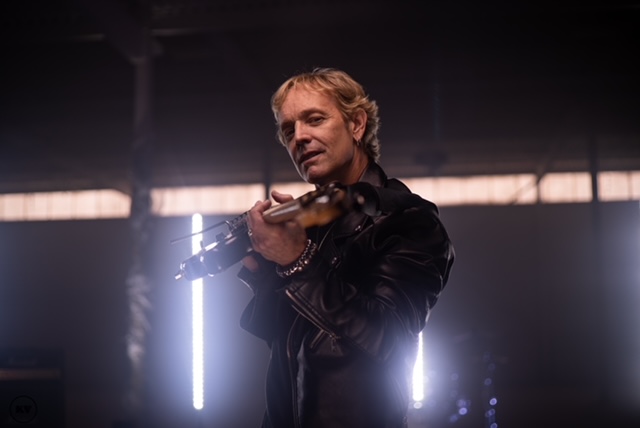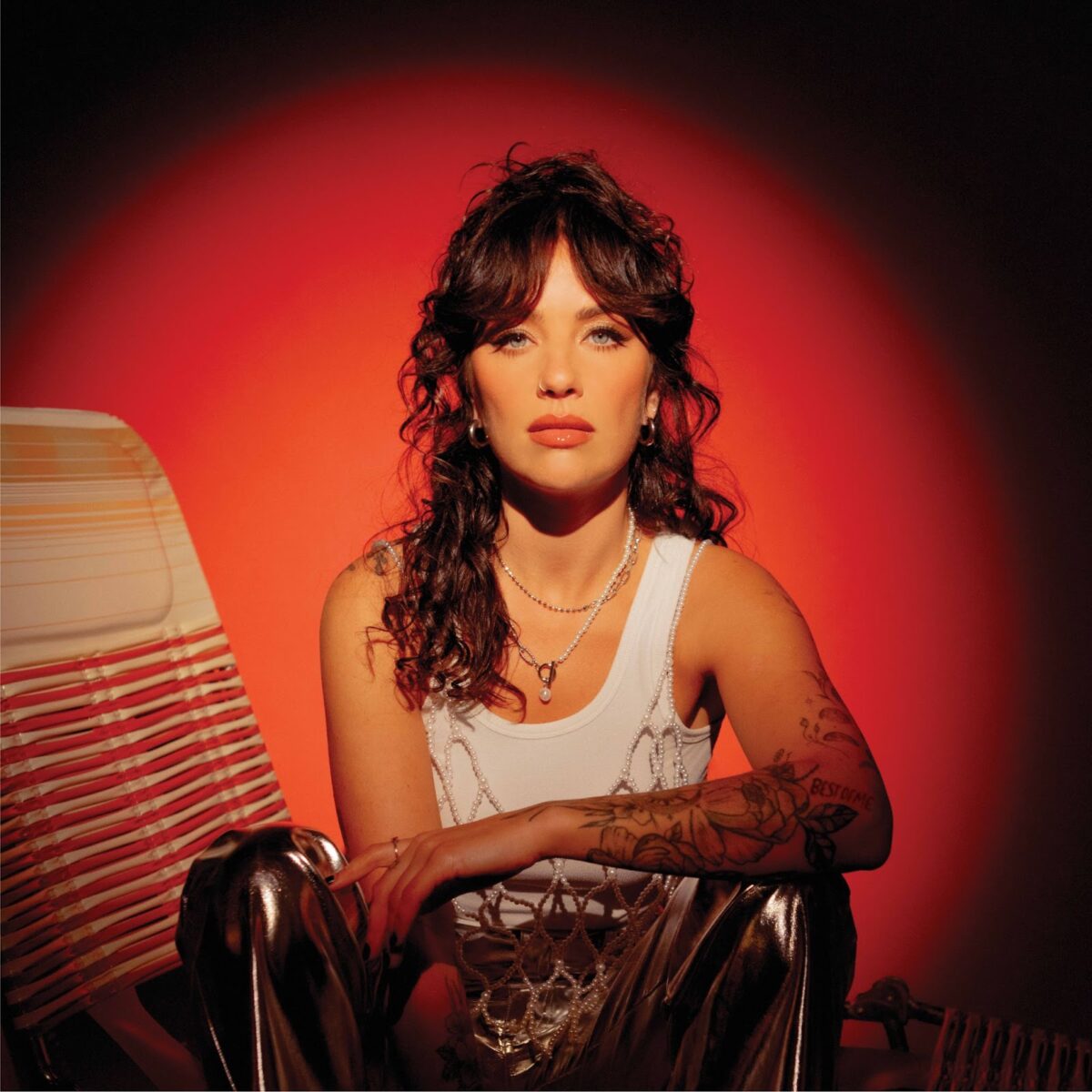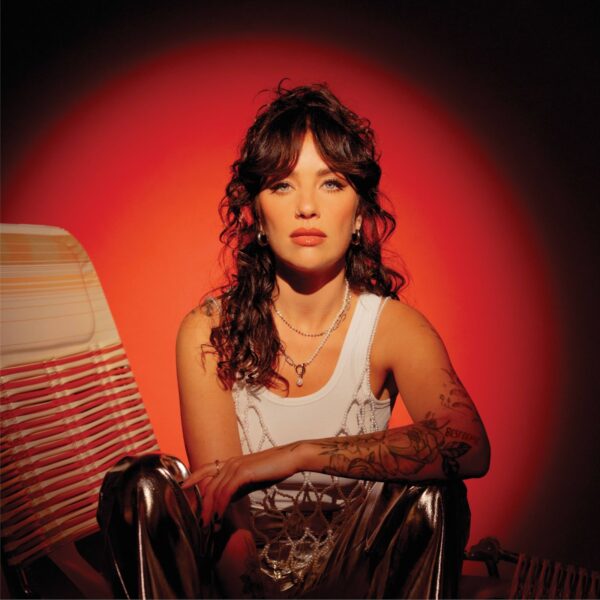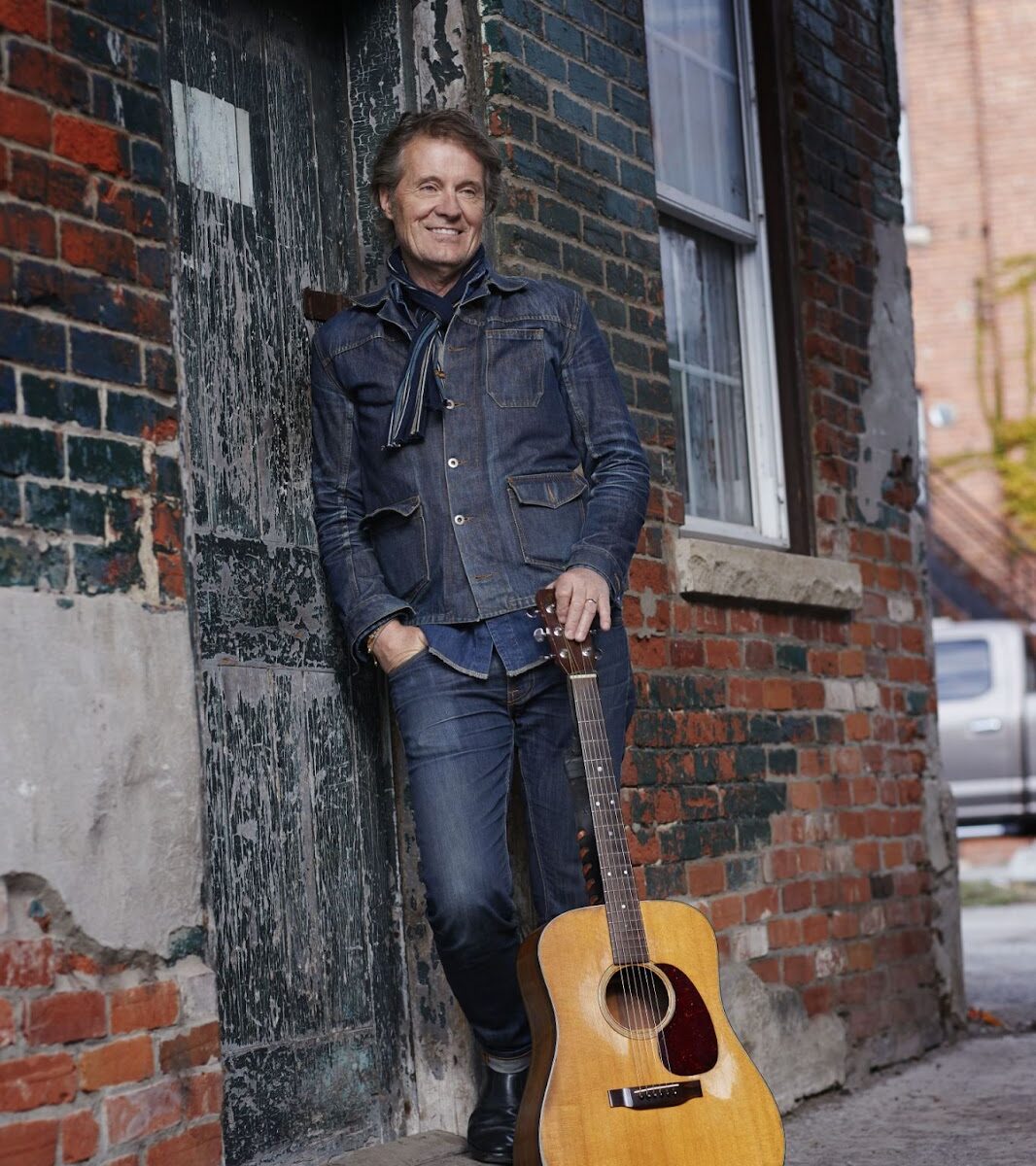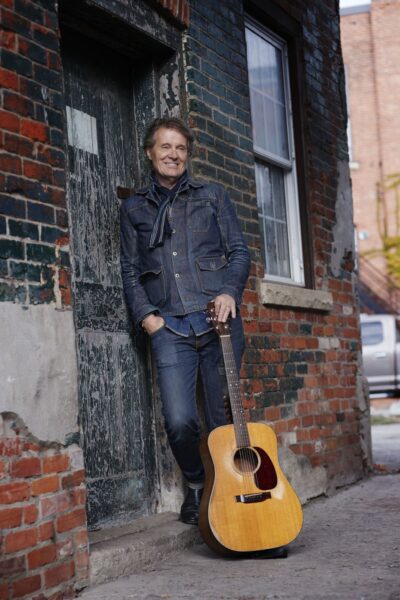“It was 98 degrees when I left Perth Australia last week and now it’s minus a zillion degrees,” protested The Tea Party’s lead vocalist/guitarist Jeff Martin, calling in from Quebec City where the band is about to play the second date of a short Canadian tour in support of their latest recording The Ocean At The End, the band’s first studio release in 10 years (they perform at Toronto’s Kool Haus on Thursday November 27th).
Fresh from a warm-up Australia tour, Martin, who now resides in Perth, reports the band is as strong there as ever. “We were charging like $100 a ticket over there and what are we getting on this Canadian tour, $40 a ticket? You Canadians are getting a real bargain,” he laughs.
“It is hardly co-incidental that the continent of Australia has played such a major role in the rebirth of Tea Party’s musical trio comprising of Martin, bassist Stuart Chatwood and percussionist Jeff Burrows. That country’s radio network responded strongly to “Save Me” a track off their second album, `Splendor Solis”, to such a degree that the Windsor Ontario band were able to tour that country in support of strong airplay to that single.
Such has been the on-going support of The Tea Party in Australia, that the trio executed a reunion tour of Australia in 2012, eight years after the release of their 2004 `Seven Circles’ opus, which spawned a two-disc `Live From Australia’ album from the tour. While at a recording studio in Byron Bay, the trio engaged in writing sessions that created the first batch of songs for `The Ocean At The End”, the second batch being completed when they returned to a recording studio in Sarnia to finish off their new album.
“There’s just something magic about the place,” enthused Martin of Australia. “The environment, the people, the culture. People over there just have an affinity for the Tea Party. And it was great for us to experience this again after we had reunited after eight years. Touring Australia again in 2012 gave us such a confidence boost. When we started writing again, we had such a renewed enthusiasm.”
Martin talked about the new album breaking down a firewall which he feels had been erected by the band during the making of there last few albums in the mid 1990’s. “We had recorded some very successful records; “Spendor Solis” (1993) and “The Edge Of Twilight” (1995) and we wanted to be progressive, we didn’t want to just churn out the same music all the time. But towards the mid 1990’s we started to lose the plot a bit. We lost our connection with our audience and our record company, Capitol couldn’t figure out what we were doing. That’s why I think we erected this firewall between us and our fans. By the time we got to recording `Seven Circles’ in 2004, we were all totally lost, I started developing some nasty vices, and it was just time to take a break, we had ran out of creativity.”
Chatwood went on to compose soundtracks for the Prince of Persia video game series, Burrows assumed a deejay slot for a Windsor radio station and later recorded two albums with a Crash Karma band also comprising of I Mother Earth vocalist, Edwin, Our Lady Peace bassist Mike Turner and guitarist Amir Epstein, while Martin went into a self-imposed exile in Ireland, recording three solo albums plus records with new bands Armada and Jeff Martin777.
“At no point did we say we were breaking up, we always intended on reuniting at some point,” confessed Martin. Even after the break, we stayed in touch with each other, we had agents and promoters continually chasing us for concert dates, it was just a matter of time before we did get back together.”
[youtube width=”600″ height=”338″ video_id=”vLxoEkPYZ7c”]
Martin claims he was proud of the work he recorded outside of the band but he knew what he was recording wasn’t Tea Party material and eventually the time seemed right for the band to plot their return. It was Burrows, in his deejay position, who announced the band would make a comeback at the Sarnia Bayfest concert in August 2011 and during a string of dates in Eastern Canada later in 2011, the band announced at a concert in Levis Quebec they were back together for good and later in Montreal they announced on stage they were working on a new record.
“Again, it goes down to the business of breaking that firewall,” noted Martin. “When we got together and started writing in Byron Bay, we were just re-energized. We were knocking out songs like “Brazil”, “Cass Corridor” and “Waters On Fire” and then when we got back to our studio in Sarnia, we started writing all these rock n roll songs like “11th Hour” Black Roses and “L o C” Suddenly writing and recording was fun again.”
When it is pointed out to Martin that a number of Canadian bands from the 90’s are also back on the scene including Moist, Big Wreck and Our Lady Peace, he feels this is coincidental on their part. “No I don’t see us part of a Canadian rock revival movement,” refutes Martin. “It’s just that the timing for our project has come together when it has. I think we are a little more disciplined in our writing and recording than we were with “Seven Circles” We can still do songs like the eight-minute title track (with a flute contribution from Jethro Tull’s Ian Anderson) but there’s also a sense of being unstructured, there’s a looseness in the recording that I think comes across in the material.”
Watch for The Tea Party to ramp up their touring in 2015 to include North and South America, Europe and no doubt more activity in Australia.






